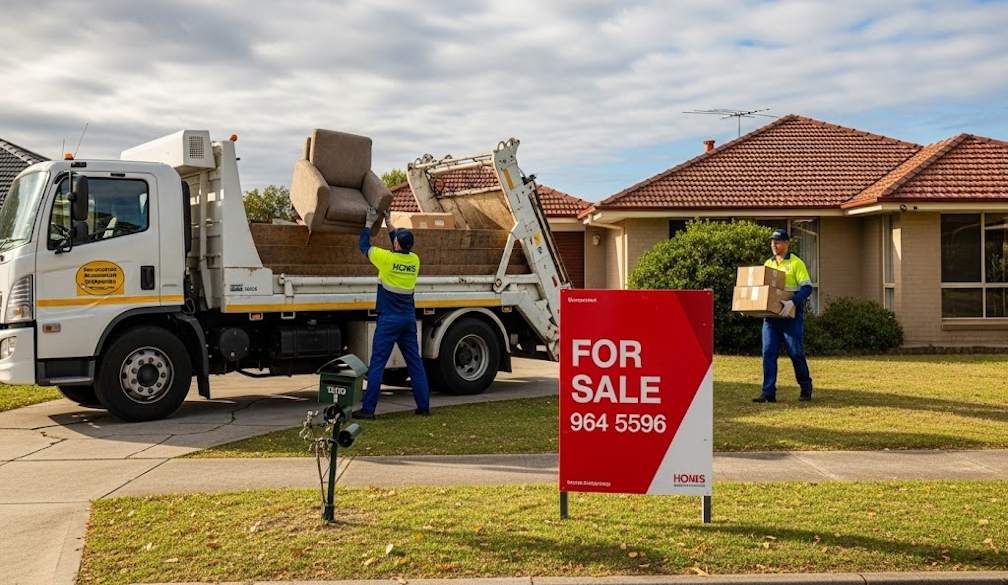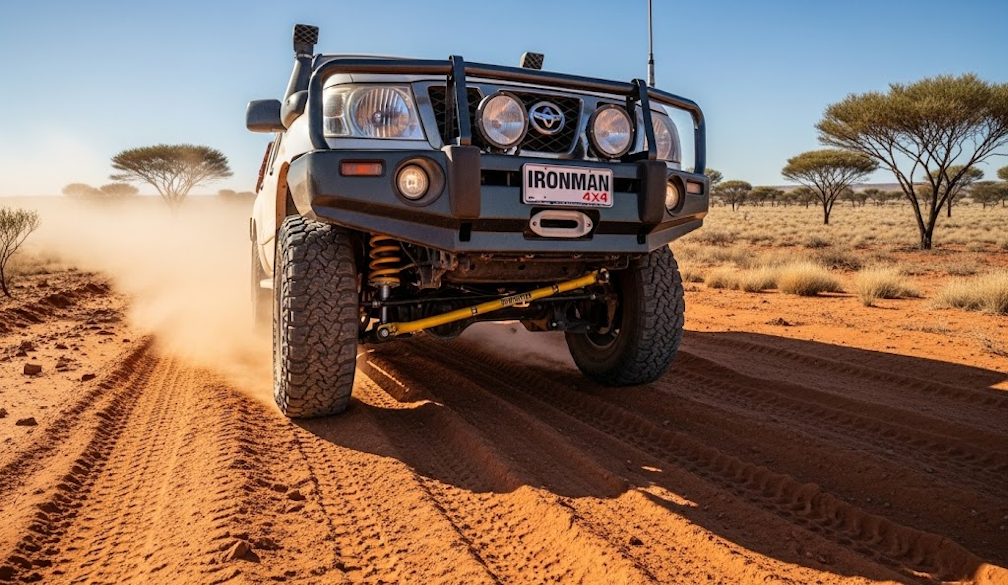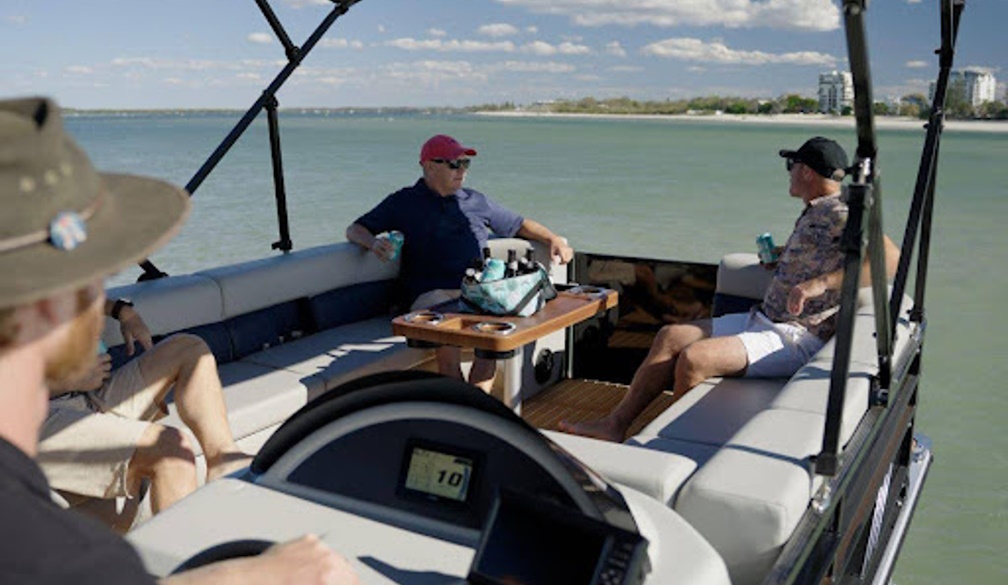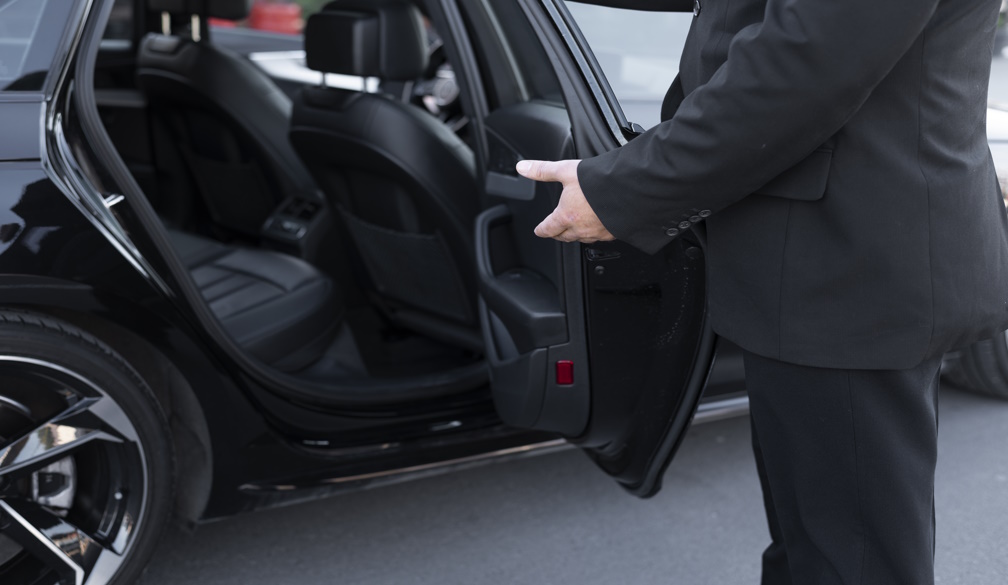Changing the culture of our SAS forces is no easy fix. Instead, we need to face the true costs of war
- Written by Damian Powell, Historian and Principal, Janet Clarke Hall, University of Melbourne
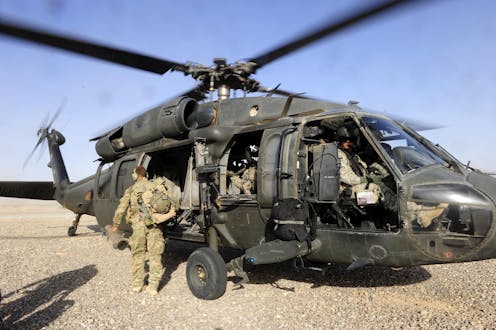
Australians will be disheartened by the inspector-general of the Australian Defence Force’s report on war crimes committed by our special forces soldiers in Afghanistan. But they should not be surprised.
The demands placed upon the Special Air Service Regiment (SASR) and Commando Regiment have stretched our soldiers to the point where some have failed themselves, each other and the Anzac tradition. They may not deserve our sympathy, but we do need to understand what brought them to this point.
Read more: Evidence of war crimes found against 25 Australian soldiers in Afghanistan
Specifically, we need to consider if these crimes are an aberration or part of a systemic cultural problem in how the Australian Army trains, debriefs, deploys and then redeploys special forces soldiers in war zones.
Importantly, the SASR badly needs to examine how it relates to the Australian Army, of which it is a part.
Selected for relentless ‘kill and capture’ missions
In Afghanistan, special forces soldiers were fighting a war within a war. Selected through recruitment courses to stand out and stand alone, the SASR distinguished itself – even from the commandos who shared the burden of Australia’s war-fighting missions.
Drawing on a few hundred soldiers and two units from an army of tens of thousands, only a small body of troops was selected for relentless “kill and capture” missions of Taliban militants.
They fought with the constant reality of potential death or maiming through close-quarter combat, IEDs and “green on blue” attacks by Afghan allies. Special forces saw the very worst of their enemy, and eventually of each other.
Read more: The reputation of Australia’s special forces is beyond repair — it's time for them to be disbanded
Other Australian service personnel were constrained by strict rules of engagement in projects ranging from school construction to counter-intelligence operations to building trust with local warlords. Meanwhile, SASR and 2 Commando returned again and again to combat. This likely desensitised, then dehumanised, some of the soldiers.
The army command offered too little by way of integration of SASR and 2 Commando with other units. SASR even demarcated its own compound within the confines of the larger Tarin Kowt base.
There was also inadequate rotation away from the battlefield, and no significant or complementary support from other units (such as regular infantry battalions). There was no mandatory rest and renewal for soldiers who might thrive on operational adrenalin, but at a long-term cost to their physical and mental health.
‘Throwdowns’ and ‘blooding’ in a ‘warrior culture’
The redacted findings in Justice Paul Brereton’s report are painful in their detail and damning in their conclusions. It finds special forces personnel unlawfully killed 39 non-combatants – prisoners, farmers, civilians – between 2009 and 2013. The report also recommends 36 matters to the AFP for criminal investigation.
The report found “credible information” about two practices that make for particularly distressing reading. The first is a “throwdown”, which involved soldiers planting equipment on bodies. The report says:
This practice probably originated for the less egregious though still dishonest purpose of avoiding scrutiny where a person who was legitimately engaged turned out not to be armed. But it evolved to be used for the purpose of concealing deliberate unlawful killings.
Second, is the practice of “blooding”, where unit commanders encouraged junior soldiers to execute unarmed prisoners as their first “kill”.
Typically, the patrol commander would take a person under control and the junior member would then be directed to kill the person under control. “Throwdowns” would be placed with the body, and a “cover story” was created for the purposes of operational reporting and to deflect scrutiny. This was reinforced with a code of silence.
Chief of Defence Force General Angus Campbell accepted all 143 recommendations from the inspector-general’s report. He acknowledged the findings were a “bitter blow” to the morale and prestige of the ADF.
What to make of it all?
Beyond reputational damage, defence needs to undergo a rehabilitation of culture. This includes organisational deficiencies, which Campbell acknowledged extended beyond special forces and into the wider organisation.
Among a toxic competitiveness between SASR and 2 Commando, which he termed a “disgrace”, Campbell acknowledged a “reckless indifference” to the rules of war among junior commanders at unit level, sanitised and misleading reporting, and inadequate oversight from operational command, among a systemic failure of unit and higher command.
In defending the need for special forces capability, he stressed ongoing reform within SASR. This included disbanding an SASR squadron which, he argued, bore “collective responsibility” for unlawful unit culture.
He noted measures to strengthen ethical standards and enhanced levels of oversight and governance across the army.
The winding down of operations in Afghanistan and changes in serving personnel might offer special forces a chance for cultural change.
But long history suggests issues of character and culture are a tough nut to crack.
Perhaps unlike any other institution in contemporary Australian society beyond the priesthood, the military is distinctive in recruiting young, with virtually no external points of entry or cultural comparison until retirement.
Defence assumes, as it must given the reality of constant unit rotation, an equivalence of character and capacity based largely on military rank and duties.
In Afghanistan, the influence of some warrant and non-commissioned officers over more junior ranks, as well as the (often younger and less experienced) officers who were ostensibly their superiors, promoted a dysfunctional and finally criminal culture that unit or higher command never confronted or challenged. Beyond mere negligence, such an obvious ethical failing in an organisation that relies on an explicit chain of “command and control” is unforgivable.
Improving SAS culture is no quick fix
In the closed culture embraced by the special forces and enabled by army leadership, a lack of objectivity was always at risk: the soldier to your left was at once your therapist, emotional crutch, brother-in-arms and (oftentimes damaged) arbiter of right and wrong.
But this type of role demands a clear, fully formed moral compass and a constant measure of external regulation.
As a series of Department of Defence inquiries over decades make clear, cultural change requires unending toil. The Australian Army is in constant flux; it changes with every intake of young soldiers who will eventually sign on for special forces training.
Good culture requires many things, among them:
an unrelenting clarity and consistency of expectation in matters large and small
constant internal and external review of practice
a willingness to accept that so-called “troublemakers” are often in fact “truth-tellers” who need to be protected, and indeed honoured, as agents of change
better training of soldiers in the ethical demands and responsibilities of “lawful violence”
counselling and psychological support both during and after operations.
All of this requires more than just recommendations in a report; it requires unbending political and institutional will and close scrutiny of organisational leadership.
Scrutiny of those at the top matters, too
Some army leaders are to be commended for their willingness to drill down into SAS culture with an eye to change. However, it was the courage of Australian journalists and SAS and commando whistle-blowers — not the actions of politicians or army leaders — that pushed these alleged crimes into the national conscience.
If military honours are to be stripped from soldiers, a thorough examination of unit command and delegated authority is vital, extending to the very top. This includes the actions of those highly decorated senior officers who provided command during the Afghanistan campaign.
Read more: Did the US commit crimes in Afghanistan? International prosecutors want to find out
Over the past few decades, a strong orthodoxy has evolved, wrapped in the mystique of “Anzac” nationalism, that any criticism of the ADF is taboo. This has served as a convenient cloak to obviate harsh public examination of everything from politically driven procurement deals to massive spending overruns.
But, in choosing to investigate and possibly prosecute alleged war crimes, Australia is stepping out onto ground resisted by our “Five Eyes” allies, who have avoided similar interrogation of their own special forces.
T.S. Elliot long ago observed that humanity could not “bear very much reality”. By definition, fighting wars is a murderous business. Beyond apportioning blame, or any new recommendations on how to change the culture of our special forces, we have the chance to reflect on the painful truths of war.
Now is also the time to reflect carefully on what we ask of, and how we best support, those soldiers who serve in our name.
Authors: Damian Powell, Historian and Principal, Janet Clarke Hall, University of Melbourne














